OPINION: Why IS chooses to bomb during Ramadan
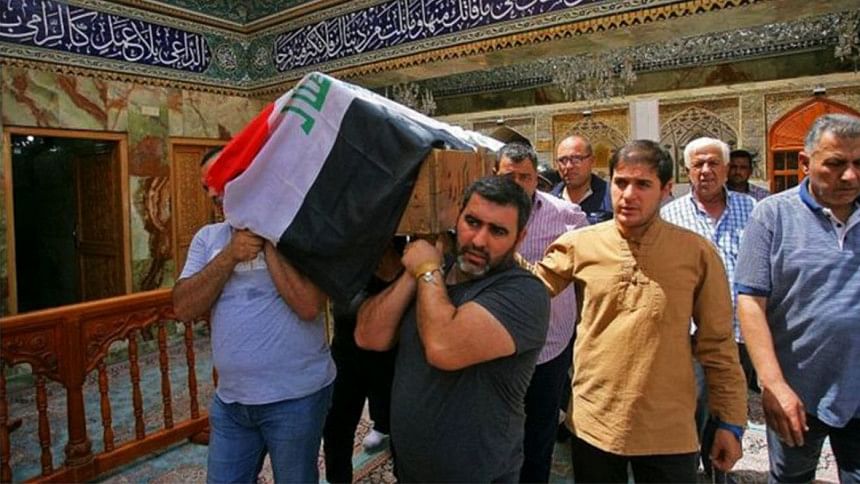
More than 160 people are now known to have died in Sunday's appalling attack in Baghdad. It is just one of eight different attacks believed to have been carried out by the so-called Islamic State (IS) over the last month - the Muslim month of Ramadan.
In total, more than 300 people have died in such atrocities from Orlando to Dhaka to Istanbul.
Ramadan is traditionally viewed as the most holy and spiritual month in the Islamic calendar, a time of penance and temperance.
For 30 days, Muslims abstain from drink and food during sunlight hours and believe that God is at his most forgiving during this time.
Mosques are consequently fuller than usual, typically packed with worshippers seeking divine mercy and blessings.
........................................................................................................................
Related articles
Islamic State group: The full story
Islamic State: An invincible force?
Islamic State: What is the attraction for young Europeans?
Dhaka siege: Blood, Shock, Horror
..........................................................................................................................
Juxtaposed alongside that ascetic puritanism is the view of radicals who regard Ramadan as a month of conquest and plunder.
They believe it is an opportune moment to double down on their millenarian war against civilisation and therefore launch more attacks than normal.
Indeed, al-Qaeda's official chapter in Syria, the Nusra Front, recently described it as "a month of conquests."
As Ramadan approached, IS spokesman Abu Mohammed al-Adnani told supporters around the world; "Get prepared, be ready to make it a month of calamity everywhere for the non-believers... especially for the fighters and supporters of the caliphate in Europe and America."
This is the clarion call that likely roused lone wolves such as Omar Mateen, who massacred 49 revellers at a gay bar in Orlando, Florida, after pledging allegiance to Abu Bakr al-Baghdadi, the self-styled Caliph currently ruling over a significant portion of Syria and Iraq.
'Path of Allah'
The belief in Ramadan as a month of war comes from Islamic history itself.
The Prophet Muhammad waged his first offensive jihad, known as the Battle of Badr, during Ramadan in 624.
Eight years later he also conquered Mecca during the month of Ramadan, thereby claiming the city which houses one of Islam's most holy sites today: the Kaaba.
All of this fuels the radical belief that jihad is, in itself, much more than just a militaristic action. It is also seen as an act of worship akin to ordinary ritual acts and is fought "fi sabil Allah" (in the path of Allah).
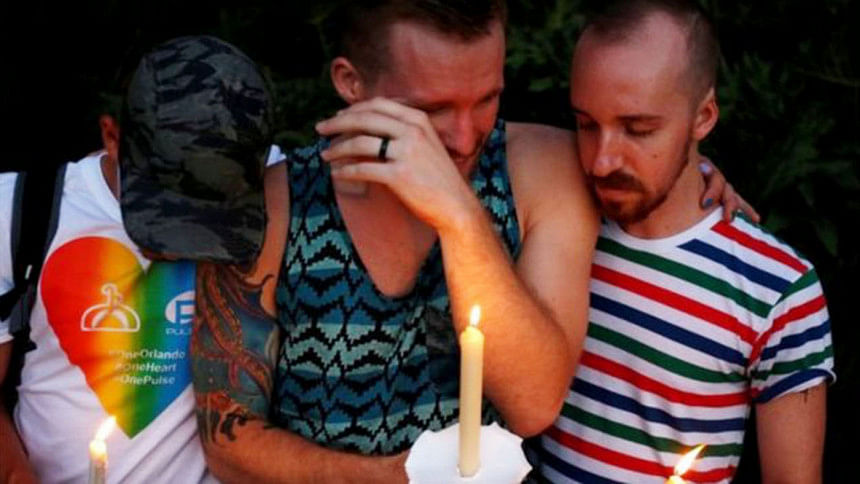
Later, he wrote, "jihad is the most excellent form of worship, and by its means the Muslim can reach the highest of ranks [of paradise]."
Extremist interpretations
Ordinary Muslims rightfully despair at these interpretations of jihad and its link to Ramadan.
For them it is a month of restraint and reflection - but such is the crisis of modern Islam that extremist interpretations of the same idea are almost wholly divorced from normative understandings.
To the radical mind, if additional prayer and alms giving is encouraged in Ramadan - then why not more bloodshed too?
View it that way and you understand precisely the line of reasoning that has given rise to such a grisly and gruesome death toll this year.
• Shiraz Maher is a member of the Department of War Studies at King's College London and Deputy Director of its International Centre for the Study of Radicalisation. He is the author of Salafi-Jihadism: The History of an Idea.

 For all latest news, follow The Daily Star's Google News channel.
For all latest news, follow The Daily Star's Google News channel. 

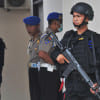

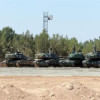
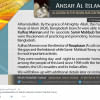
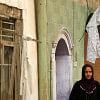

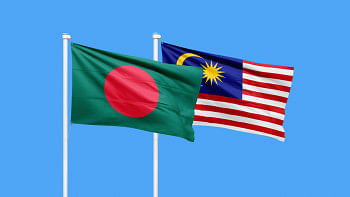
Comments